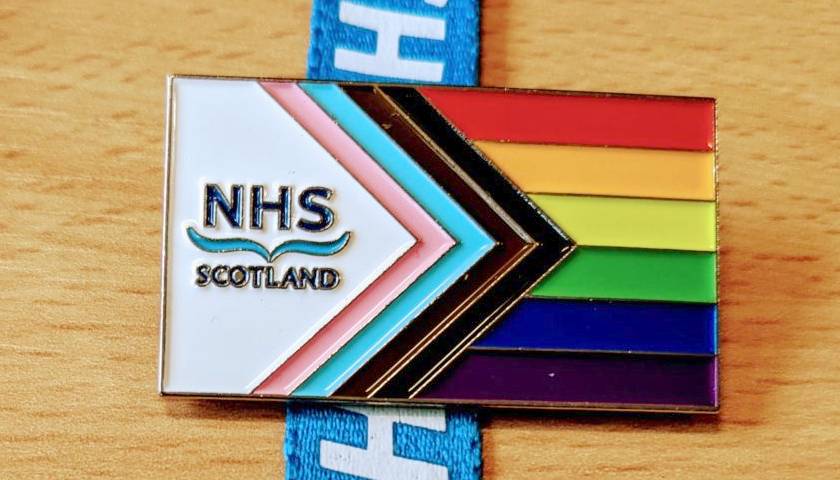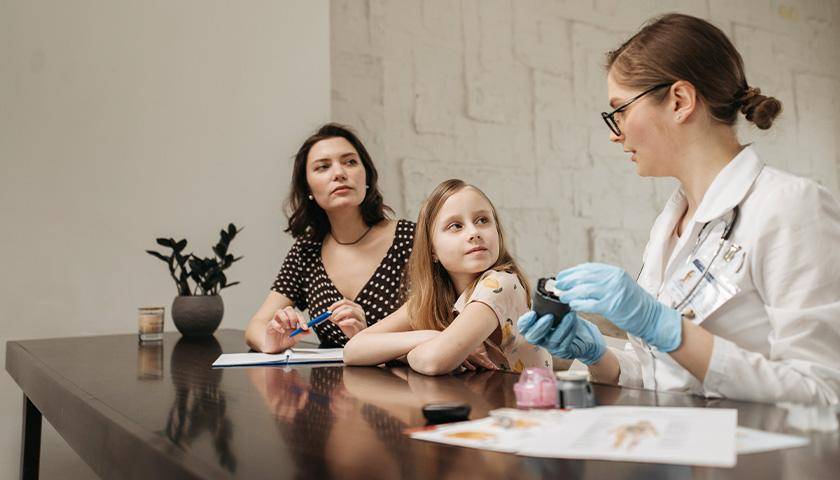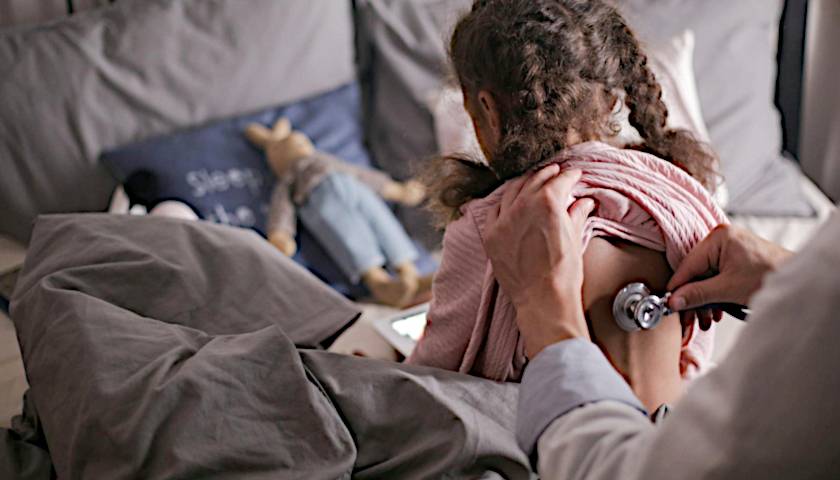Major medical associations have remained silent after the results of a four-year review commissioned by the National Health Service (NHS) England undermined their recommendations for giving puberty blockers to children with gender dysphoria
The Cass report, conducted by former Royal College of Pediatrics and Child Health Dr. Hilary Cass and released April 10, found that there is “weak evidence” for offering puberty blockers to children. It concluded that its findings “raise questions about the quality of currently available guidelines” offered by associations like the World Professional Association for Transgender Health (WPATH) and the Endocrine Society, yet neither organization has committed to reviewing their guidelines.
Read More




